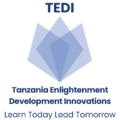ONE COMPUTER LAB ONE SCHOOL PROGRAM
Program Overview
One Computer Lab, One School is TEDI’s flagship program designed to close the digital gap in Tanzania’s low-income schools. In a country where the majority of students complete their education without ever touching a computer, this program provides a lifeline to the skills and opportunities needed in the 21st century.
Through the establishment of fully equipped computer labs, TEDI transforms schools into digital learning hubs. In addition to the I.T. infrastructure, the program integrates digital learning into the school environment through teacher training, structured ICT lessons, and extracurricular activities such as ICT clubs.
The Problem
The Digital Learning Gap in Tanzania
In Tanzania, access to digital learning remains a privilege rather than a standard. Out of more than 3,600 government secondary schools, only 31.4% have computers—and just 20.1% of those schools are connected to the internet. This means that the majority of students, especially in low-income and rural schools, complete their education without ever touching a computer. As a result, ICT is often taught only in theory, leaving students unprepared for higher education, employment, and participation in a fast-changing digital economy.
At the same time, teachers face major gaps in digital literacy. Fewer than one in four secondary school teachers feel confident using ICT in teaching, and most subject teachers rely heavily on traditional, lecture-based methods. Without digital skills, teachers cannot prepare students to meet the demands of Tanzania’s competency-based curriculum reforms or to compete in the 21st-century job market.
Why Digital Literacy Matters in Tanzania’s 21st Century Context
1. Linking to National Policy and Global Goals
Tanzania’s draft National Digital Education Strategy (2024–2030) emphasizes ICT as essential for implementing competency-based learning and fostering 21st-century skills—like critical thinking, communication, and collaboration. Similarly, digital literacy supports the achievement of UN Sustainable Development Goal 4 (quality education)
2. Unlocking Educational Equity
Secondary school enrollment remains unequal—nearly 61% of girls are out of school compared to 51% of boys, especially in rural and low-income communities. Digital access can help bridge gender disparities and empower marginalized youth to compete academically and economically.
3. Preparing for Work and Higher Education
Universities report weak digital literacy among students, with ICT use often contributing to disengagement rather than enhancing learning outcomes. Closing that gap at the secondary level is crucial for preparing students for tertiary studies and a job market that increasingly values digital skills.
Our Solution
Establishment of computer labs in public schools
By installing well-equipped labs with internet access and modern software, TEDI ensures every student can engage in practical digital learning.
Forming student ICT clubs
These extra-curricular clubs serve as peer-driven opportunities for exploring digital creativity, coding, and tech-based problem-solving. This enhances both interest and ownership.
Access to digital learning resources
Beyond basic computing, TEDI introduces coding, digital literacy workshops, and curated online tools that align with future job market demands.
Integrating ICT into teaching
We train and support teachers to embed digital tools into their classrooms—making lessons more interactive, inclusive, and effective.
Achievements So Far
TEDI has already made significant progress in bridging the digital divide through the One Computer Lab, One School Program. To date, we have successfully established below computer labs in multiple schools across Tanzania. Each lab is equipped with 15–30+ computers preloaded with e-books, subject content, and digital literacy programs.
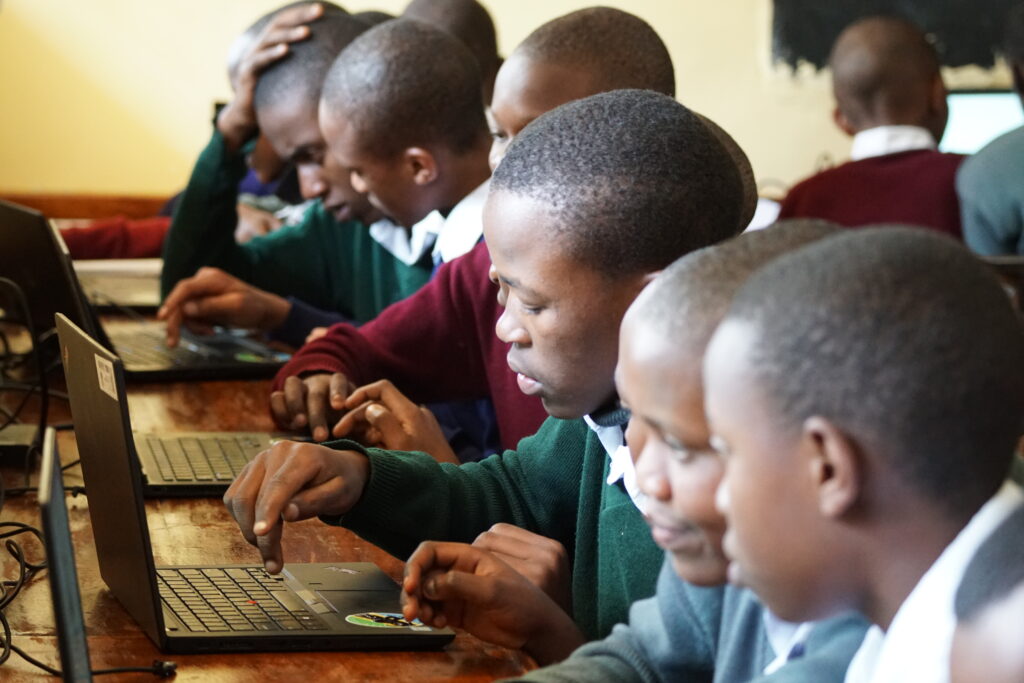
Computer lab at Nkuu Secondary School, Hai District
Project established in September 2025
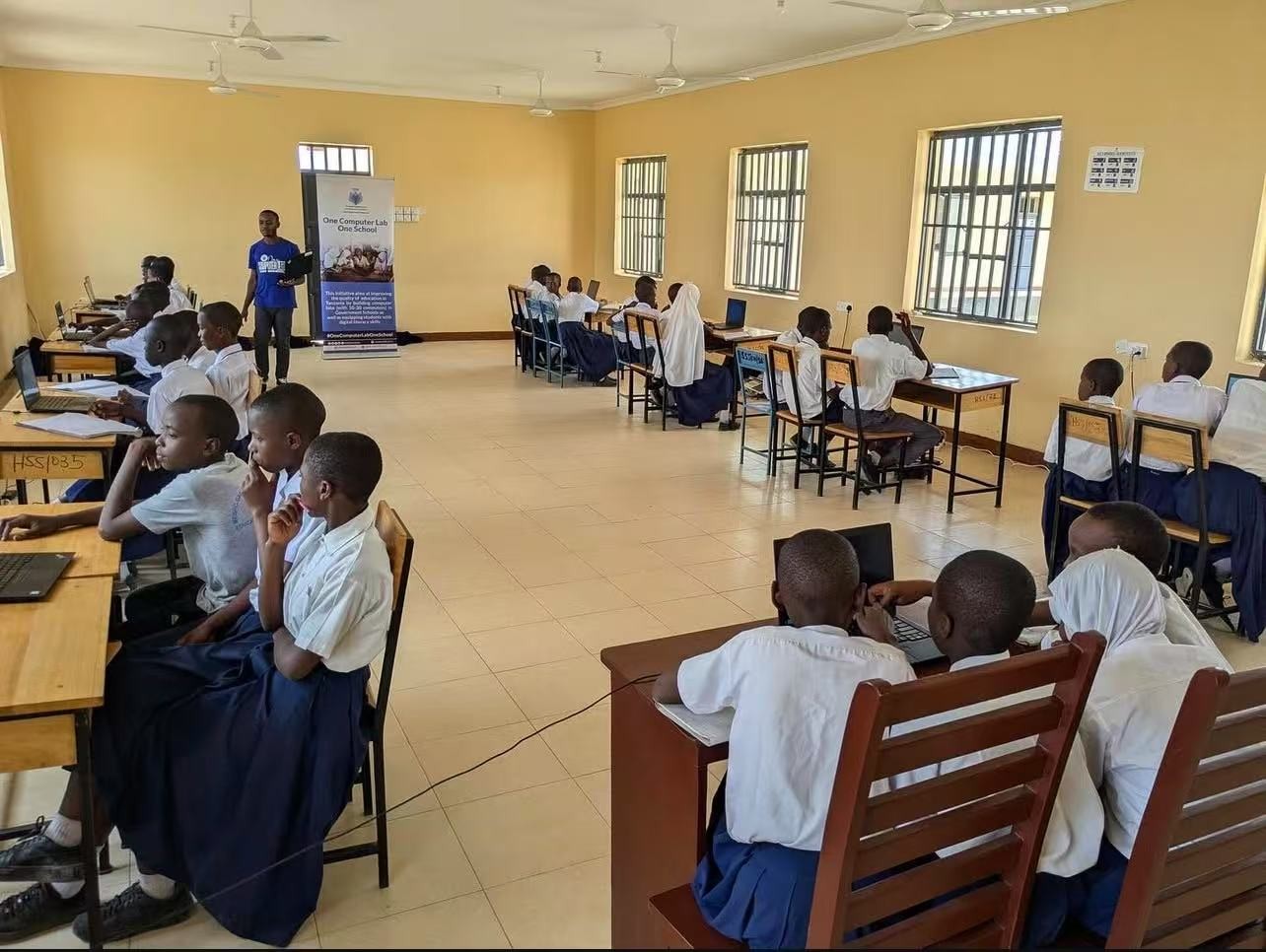
Computer lab in Saashisha Secondary School, Hai District
Project established in 2024
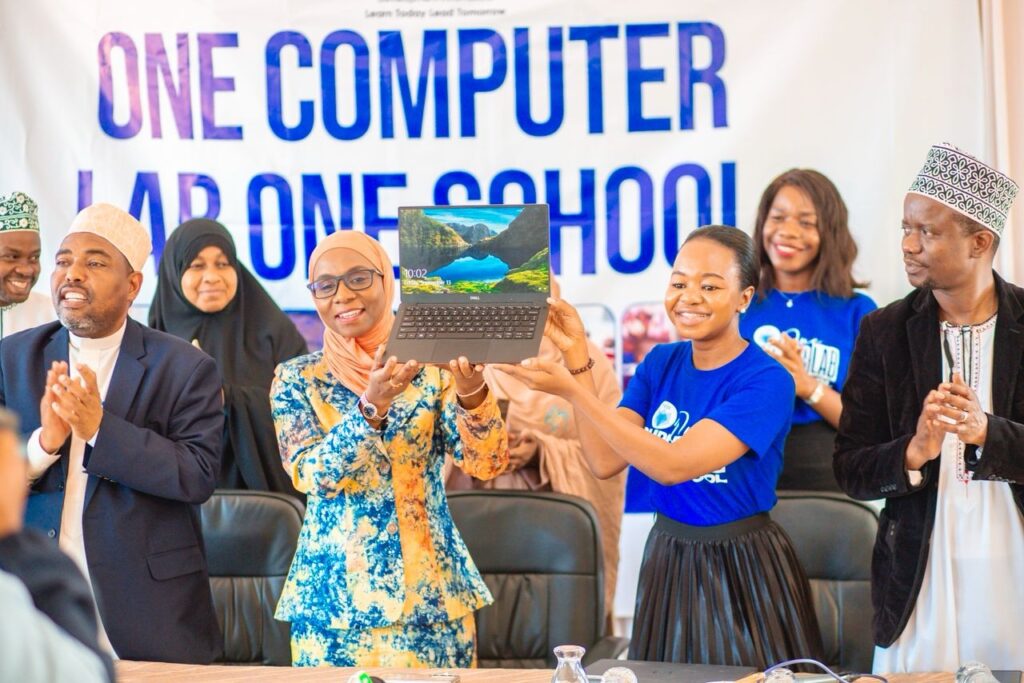
Computer lab at Zanzibar Commercial Secondary School, Unguja-Zanzibar
Project established in 2024

Computer lab at Maringeni Secondary School, Moshi Rural District
Project established in 2023

Computer lab at Naisinyai Secondary School, Simanjiro
Project established in 2022
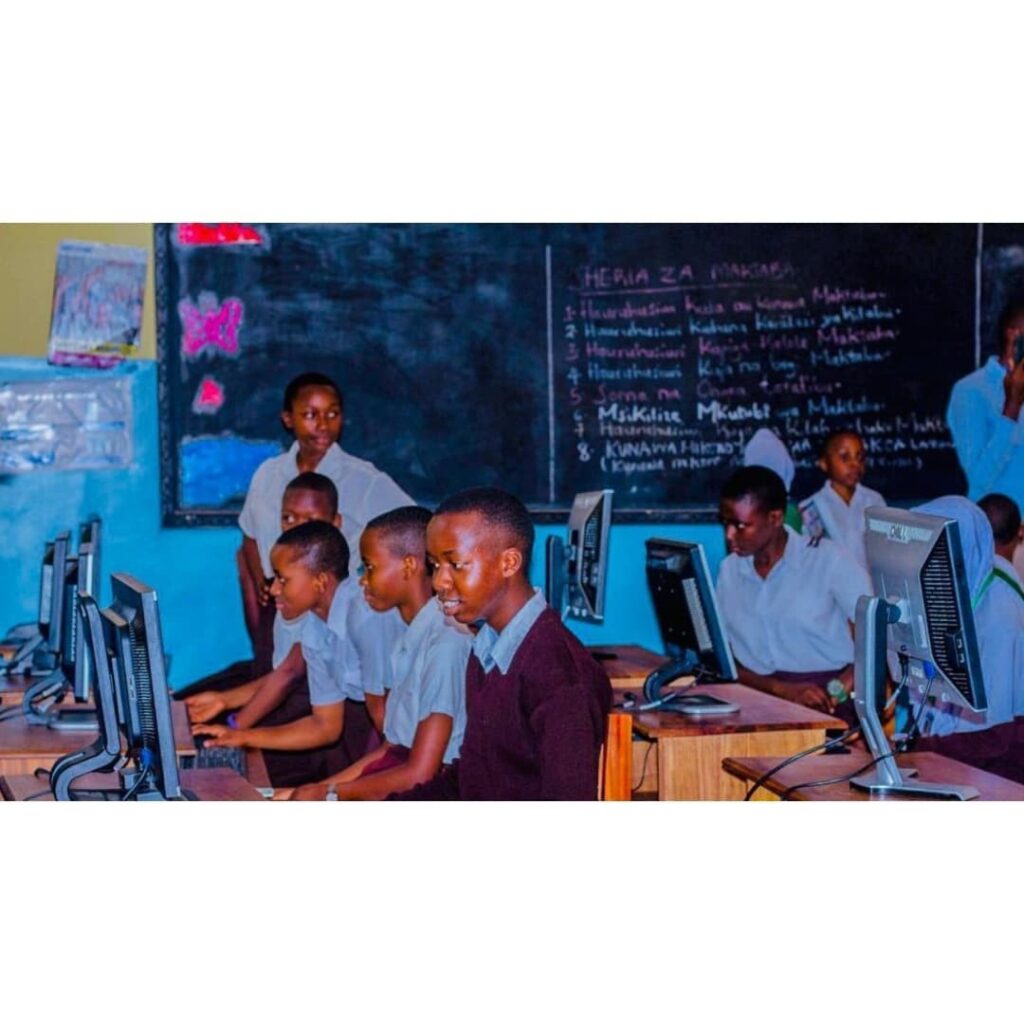
Computer lab at Chanzighe Secondary School, Kisarawe District
Project established in 2021
